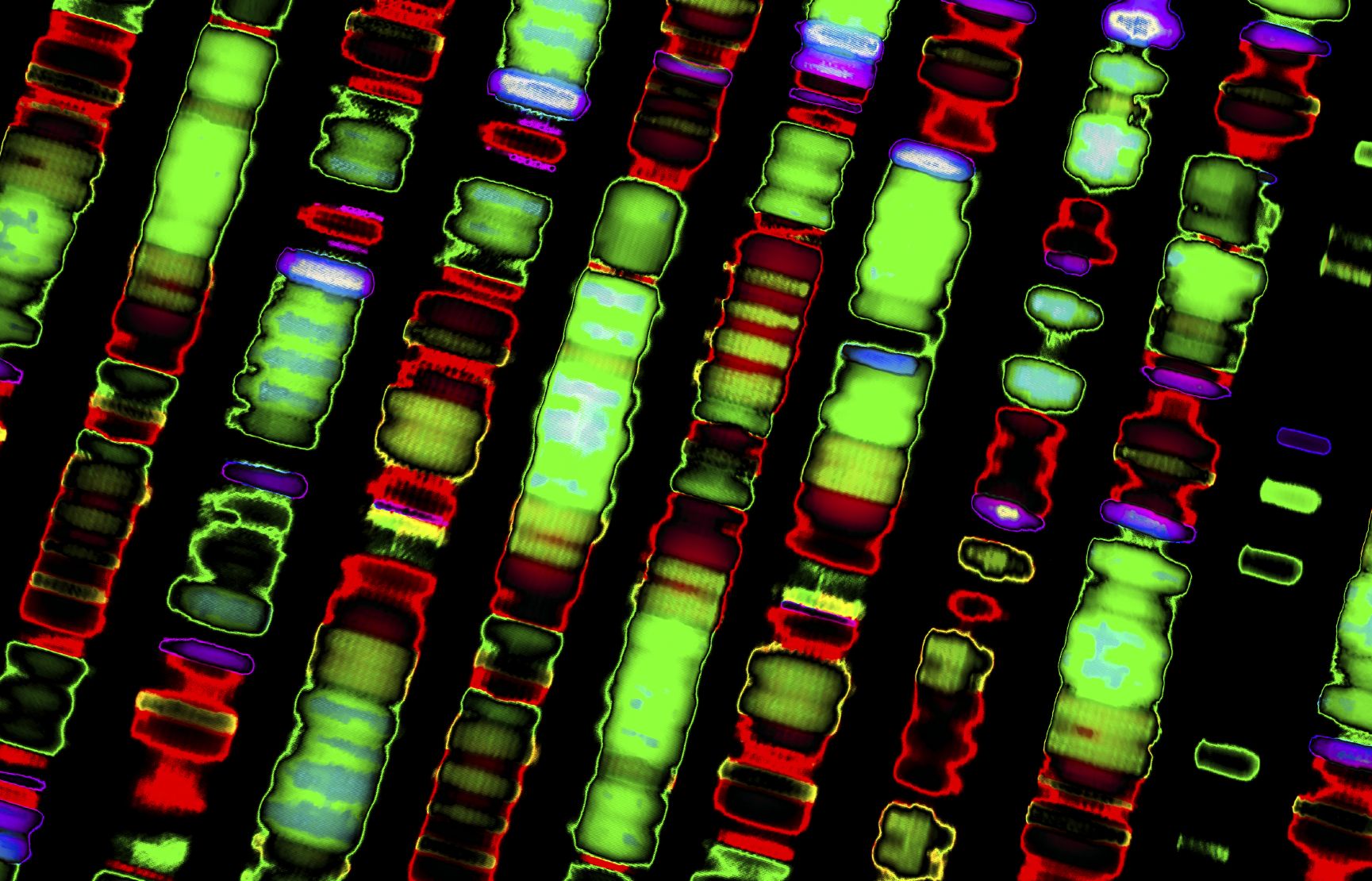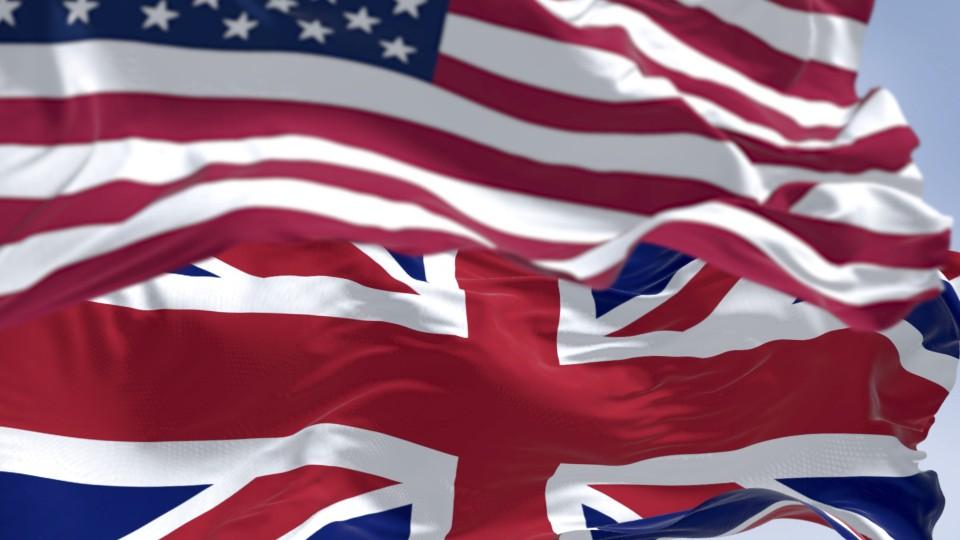Outrage over Duchenne drug price reinflamed by PTC's $35,000 price tag

Families affected by the rare muscle wasting disease Duchenne muscular dystrophy will still have to pay a huge premium for Emflaza, a newly-approved drug based on an old steroid that helps alleviate symptoms.
Emflaza's active ingredient is deflazacort, an old steroid that families were using off-label to treat symptoms of DMD in boys affected by the genetic disease.
The drug was being procured by US families by importing it from abroad for around $1,600 a year.
Marathon gained FDA approval for its use in Duchenne muscular dystrophy earlier this year, but abandoned its launch following the backlash over its $89,000 a year price from patient groups and politicians.
Following the public relations disaster, Marathon decided to sell off the rights to Emflaza to PTC Therapeutics for $140 million.
So families affected by DMD are unlikely to welcome news that PTC's price for Emflaza will work out at around $35,000 per year for a 25 kilogramme patient – and probably much more than this for many others.
Because of the US approval families can no longer import the drug, so they will have to pay the higher price demanded by PTC, which some suggest may even exceed that charged by Marathon in some patients.
PTC Therapeutics’ CEO Stuart Peltz said in a first quarter conference call: “We believe this represents sustainable pricing which balances providing access to all eligible patients in the United States in an ultra orphan population while maintaining sufficient infrastructure and programme including continued investment in Duchenne.”
Peltz said PTC had been “actively engaged” with the DMD community when deciding the new price – but the company's share price fell as commentators on twitter dismissed the announcement as a PR stunt.
https://twitter.com/AndyBiotech/status/861616100181766144
https://twitter.com/Aiims1742/status/861654954360156165
PTC has so far failed to get its Translarna (ataluren) DMD gene therapy approved in the US, although it is approved in the EU.
The FDA in February last year refused to accept PTC’s filing for Translarna, but in March filed the drug over protest, forcing the regulator to make a decision by October 24.
Last year the FDA controversially decided to approve Sarepta’s Exondys 51 (eteplirsen) in DMD, even though its advisers had recommended rejecting it because of concerns that data did not demonstrate efficacy.













